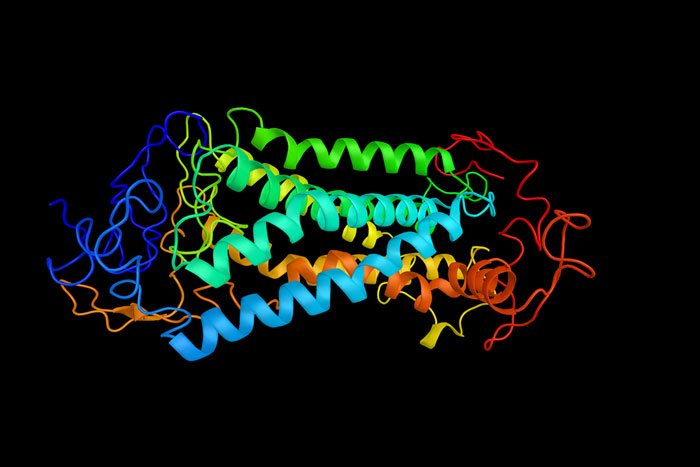Scandinavian programme launched to produce all human secreted proteins
Posted: 8 March 2017 | KTH The Royal Institute of Technology | No comments yet
A new research programme has been launched to produce all the human secreted proteins in mammalian cell factories. The programme aims to facilitate studies of this important class of proteins, which are involved in many human diseases.


A mammalian cell factory, developed at KTH Royal Institute of Technology in Stockholm, will be used in the effort, and the collaborative partners of the programme, including AstraZeneca, will further investigate the generated proteins.
Significance of human secreted proteins
The human secreted proteins – referred to as the ‘secretome’ – consist of approximately 3,000 proteins, which are produced inside our cells before mainly being transported out to the blood.
This class of proteins is important in many central processes of the human body, including bacterial and viral defense, inflammation, cell signalling and the transport of nutrients. As a consequence, they are significant as potential targets for pharmaceutical drugs. A large portion of drugs now in clinical use are directed towards secreted proteins. In order to explore this important class of proteins in a systematic manner, a collaborative programme between the Wallenberg Center for Protein Research (which includes KTH) and the Novo Nordisk Foundation Center for Biosustainability (CFB) at the Technical University of Denmark has begun. Its aim is to produce all human secreted proteins and to create a resource for further studies.
“We are pleased that the mammalian cell factory developed at KTH can be used to create this valuable resource to allow systematic studies of the human secretome in a manner not possible before”, says KTH Professor Mathias Uhlen, Director who is responsible for the Wallenberg Center for Protein Research and one of the Scientific Directors at the CFB.
The programme is jointly funded from four sources, including the Novo Nordisk Foundation, AstraZeneca, Knut and Alice Wallenberg Foundation and KTH.
Related topics
Protein
Related organisations
AstraZeneca, Knut and Alice Wallenberg foundation, KTH Royal Institute of Technology, Novo Nordisk Foundation
Related people
Mathias Uhlen


